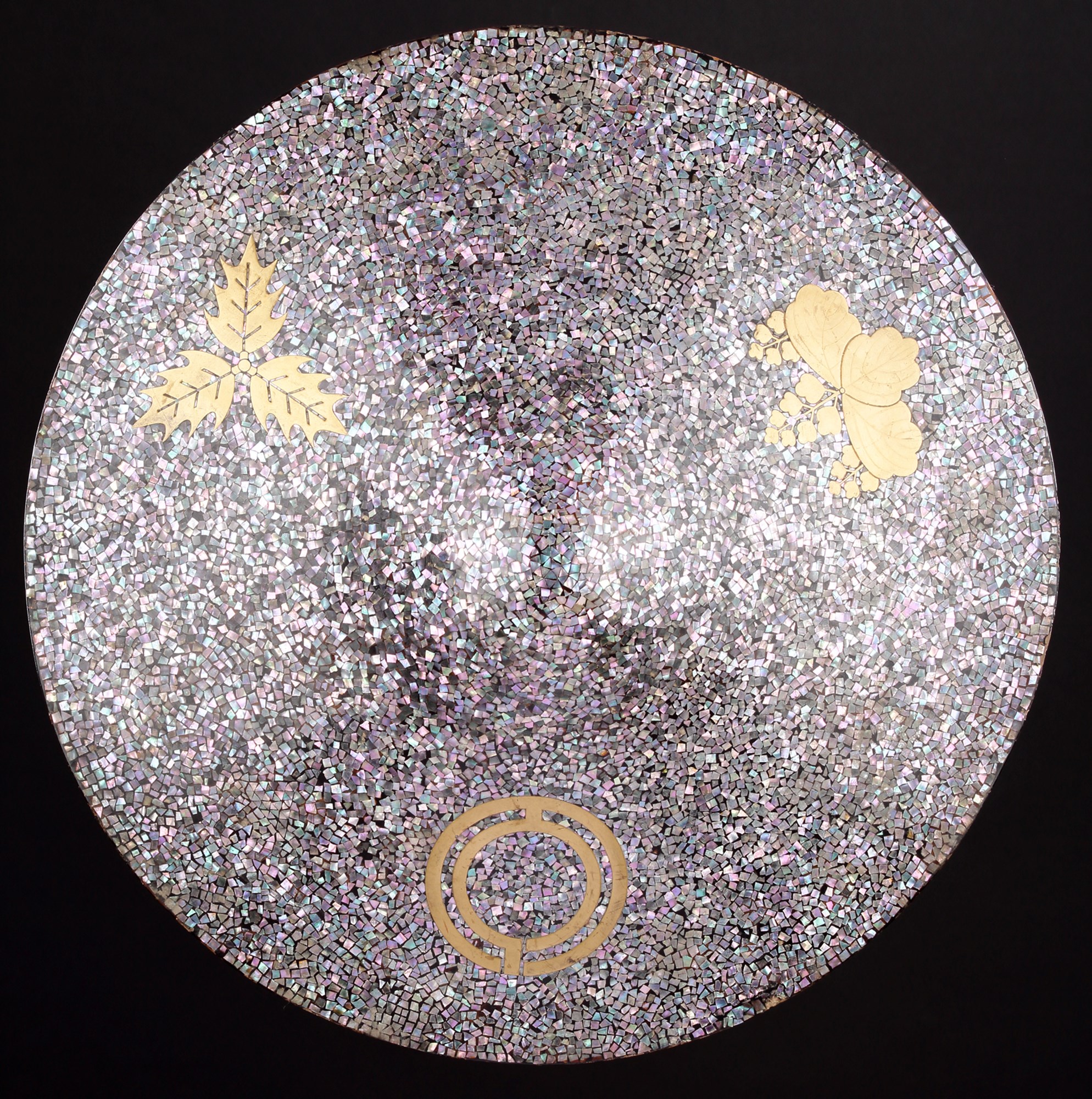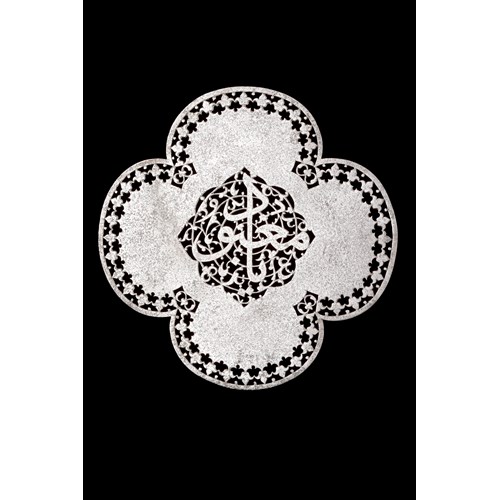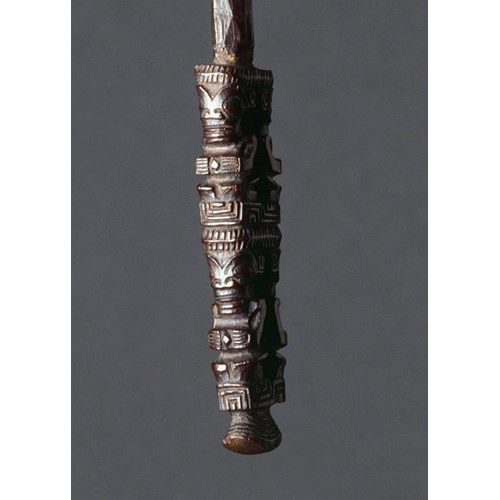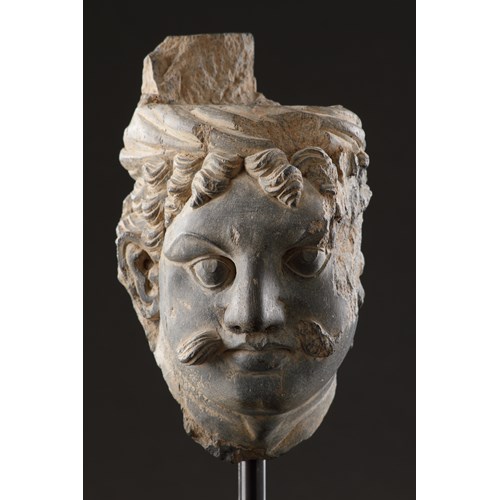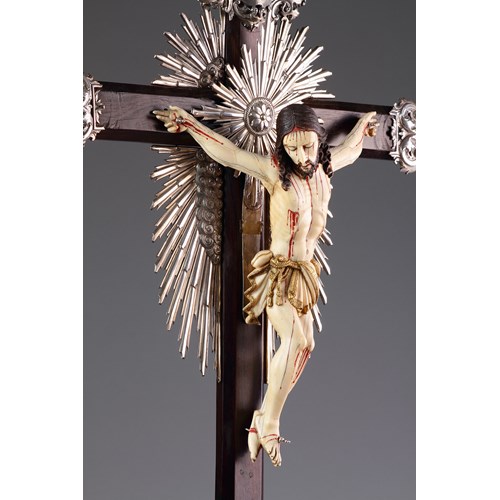A Fine Jingasa with Mother-of-Pearl ‘Mosaic’ Decoration
Period Late Edo Period
Medium Leather, Lacquer, Mother of pearl, Gilt
Dimension 7.5 x 37 cm (3⁰/₁ x 14⁵/₈ inches)
Lacquer, wood, leather, mother-of-pearl, gilt
Japan
Late Edo Period - Circa 1861 - 1863
SIZE: 7.5cm high, 37cm dia. - 3 ins high, 14½ ins dia.
Period: Late Edo Period
Medium: Leather, Lacquer, Mother of pearl, Gilt
Dimension: 7.5 x 37 cm (3⁰/₁ x 14⁵/₈ inches)
Literature: The art and industry of lacquering, although well represented in China, has only been fully and exceptionally developed in Japan. It is said that the use of the lacquer juice was known long ago in the days of Yamato Daké no Mikoto (71 – 130 AD) who ordered some lacquered toys for his children.
However, advanced techniques of lacquering applied to a wood or textile base first came from China in the 6th century AD when Buddhism and other elements of Chinese culture, including craft techniques, were introduced to Japan. At first lacquer was chiefly used in religious sculpture, but before long it became a leading medium of decoration on a wide variety of objects ranging from sword scabbards to boxes for religious garments.
Decorated with three ‘Kamon’ in gold ‘Hiramakie’ of the ‘Toyotomi’ family. The interior decorated with a ‘Tshugaru Nuri’ red lacquer.
Though ‘Hideyoshi’ prohibited the use of both ‘chrysanthemum’ and ‘paulownia’ crests, the ban had little effect and quite a number of ‘daimyō’ used these patterns during the Edo period.
More artworks from the Gallery


